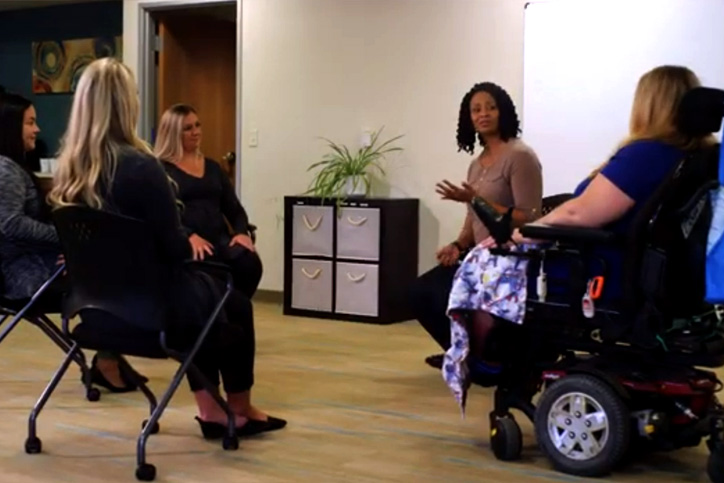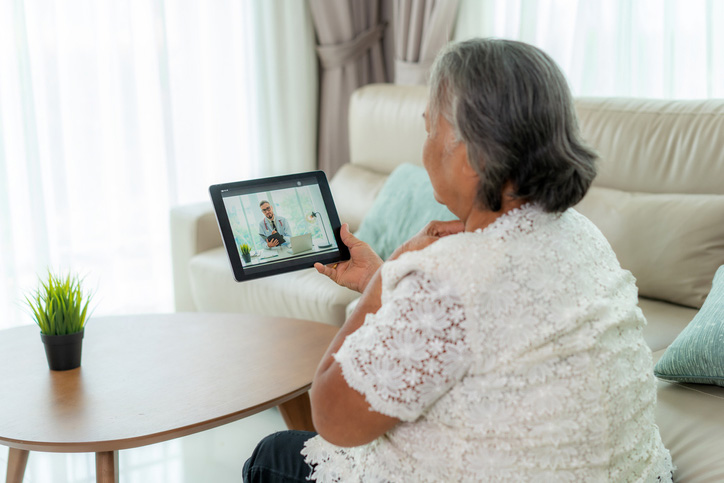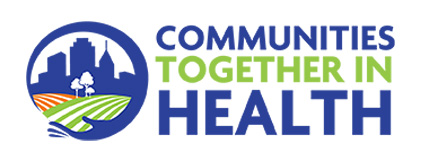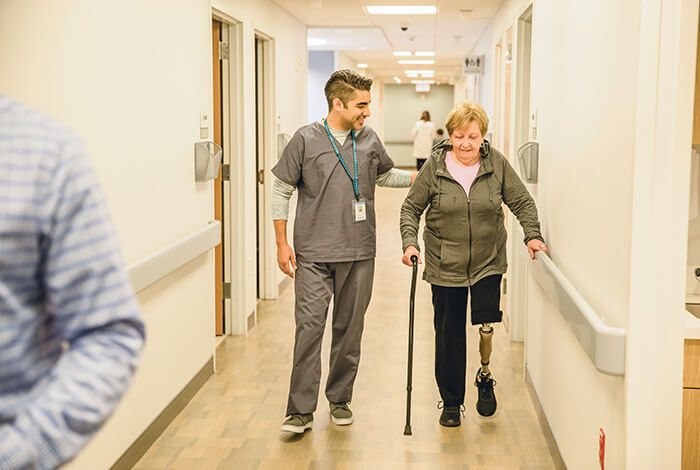Providers & Healthcare Partners
As the nation's largest provider of government-sponsored health care, Centene works with its network of primary and specialty care providers to ensure our members receive locally based, high-quality healthcare.
For 40 years, we have remained committed to removing barriers to care that many of our members experience. We do this by linking our network of providers with cutting-edge technology and specialized tools, while at the same time developing strategic partnerships that enable our local subsidiaries to address the health and social needs of our members.
Impact on Population Health
Central to how Centene serves our communities is ensuring that each member has access to the right care, at the right place, at the right time. We understand that healthcare is never one size fits all, which is why our population health and clinical operations are rooted in holistic healthcare and our local approach.
Integrating physical and behavioral health gives a full picture of a member’s life and circumstances. Addressing non-medical barriers to care, also called social determinants of health, is critical to improving the health of individuals and families.
Centene's medical directors are practicing physicians, ensuring that they stay up-to-date on current tools and treatment options. Medical directors work closely with our provider networks to ensure the best possible care for our members while leading the development of cutting-edge clinical programs for diverse populations, going beyond the immediate medical needs of our members. Centene advances the broader health of the community.

Leveraging Clinical Data Exchange
Supported by new technology, Centene is consistently improving the ways healthcare is delivered. Interoperability platforms enable secure, bidirectional exchange of clinical data between providers and health plans.
 Providers with an Epic electronic medical record system can securely connect with Centene using Epic Payer Platform, reducing friction and creating insights. Those insights can help improve care and ultimately enhance the member experience.
Providers with an Epic electronic medical record system can securely connect with Centene using Epic Payer Platform, reducing friction and creating insights. Those insights can help improve care and ultimately enhance the member experience.
Centene continues to add features to these digital platforms to further enhance collaboration with providers, streamline processes and make it easy to do business with us. Delivering actionable insights at the point of care can help clinicians receive a more complete picture of a patient’s medical history, which can lead to better care.

Leveraging Telehealth to Improve Health Outcomes
Supported by new technology, Centene is consistently increasing the ways healthcare can be delivered. Telehealth, also known as virtual medicine or virtual health, helps ease the barriers of travel time, appointment scheduling, and overcrowded emergency departments.
Members of Centene's health plans are able to contact board-certified physicians or behavioral health providers regardless of their physical location or scheduling constraints. For individuals living in rural areas where specialty care options are often limited, telehealth means healthcare is only a click away. Expanding telehealth capabilities during the COVID-19 pandemic, including extending grants to providers living in rural areas to offset the upfront costs of new technology, enables our provider network to continue offering care to our members and communities.
All of Centene's product lines provide access to telehealth services or are in the pilot stages of expanding member access, and the number of members accessing telehealth services continues to rise.

Centene's Communities Together in Health initiative helps raise awareness around health disparities. During the COVID-19 pandemic and beyond, Communities Together in Health engages key healthcare stakeholders—including members, providers, community leaders, nonprofit organizations, tribal governments, and government officials—to help address disparities in the healthcare system while recommending evidence-based solutions and policies to further address health disparities across the country.

Removing Barriers to Care

Centene was recognized by FORTUNE with a No. 7 ranking on its 2019 Change the World List for PAI. The Centers for Medicare & Medicaid Services recognized Centene with the 2019 Health Equity Award in recognition of the PAI.
Centene has long believed in removing barriers that prevent our members from accessing quality healthcare, and we have a responsibility to make it simple to get well, stay well, and be well.
In keeping with our history of improving access to care, Centene launched our Provider Accessibility Initiative (PAI). Designed in collaboration with the National Council on Independent Living, the program aims to transition healthcare delivery into a fully accessible system for everyone while improving the accuracy and transparency of disability access data in provider directories. Since the PAI launched in 2017, over 2,700 Accessibility Site Reviews have been conducted across seven states.
The PAI's Barrier Removal Fund (BRF) invites participating providers to submit projects that focus on the removal of architectural and programmatic barriers and the purchase of medical equipment. The PAI has awarded more than $1,700,000 in grants to 200 providers across 12 states, improving accessibility to over 186,000 members.
Member Focused Health Solutions
Centene's Fall Prevention program aims to identify members at risk of falling and provide them with resources and education on fall severity and prevention, along with prevention activities, home safety tips, and language on how to discuss falls with their providers. Centene adapted the Centers for Disease Control and Prevention's STEADI (Stopping Elderly Accidents, Deaths & Injuries) program to assess the environmental, biological, and behavioral fall risk factors of members 65 years and older and those with chronic conditions. The goal of the Fall Prevention program is to decrease the number and severity of falls. Additionally, with the aid of care management and community health workers, the program aims to reduce members' fall risk score using the adapted STEADI assessment process.
